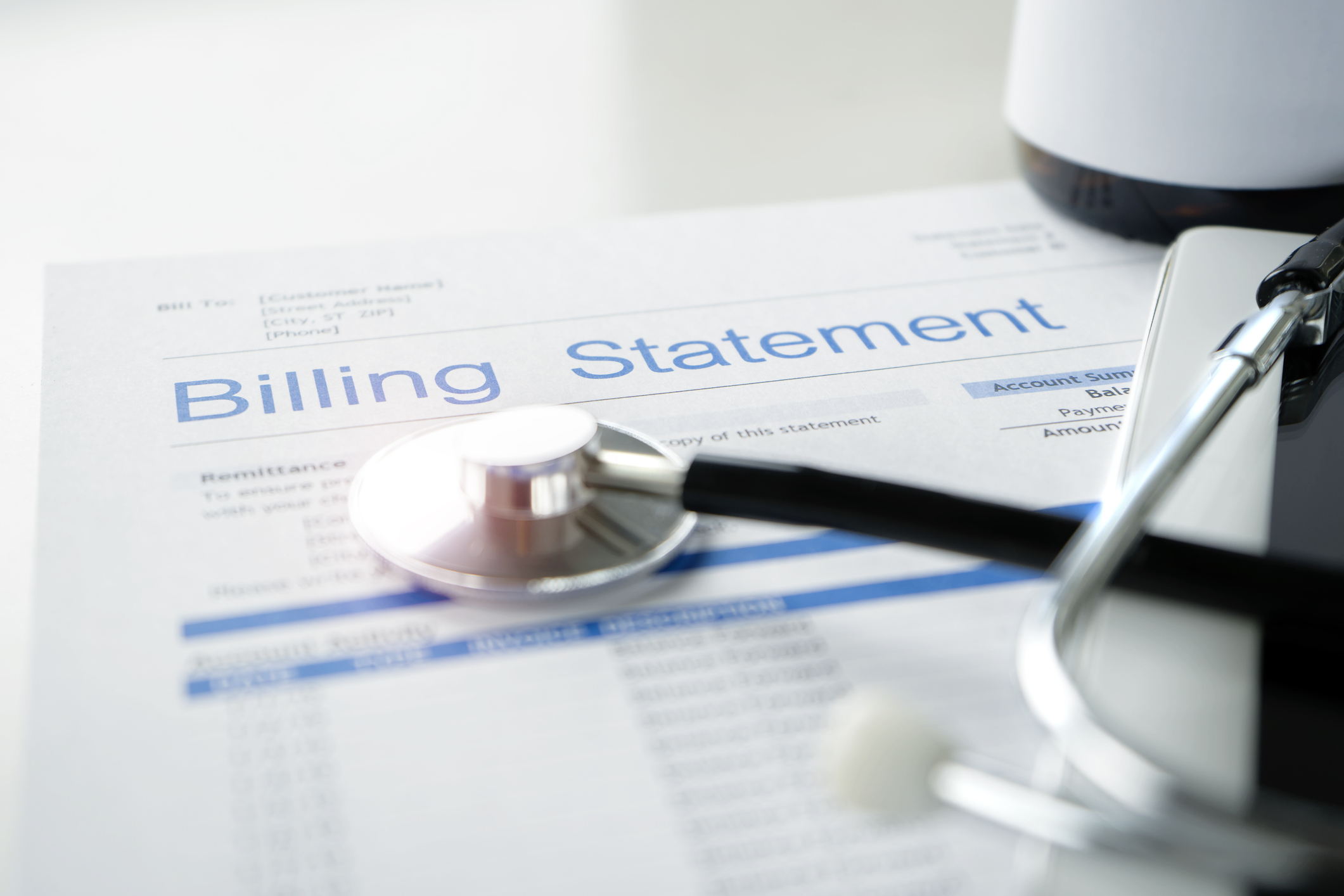When you hear the word cancer, it is natural to feel a sense of dread and fear. After all, cancer is one of the leading causes of death in the United States. But what you may not know is that breast cancer is one of the most treatable forms of the disease. In fact, nine out of 10 women with early-stage breast cancer will survive more than five years after diagnosis. So if you have been diagnosed with breast cancer, don’t panic – you are going to be okay.
Now that you have been given this good news, it is important to learn everything you can about your treatment options and what to expect during your journey. This article will provide an overview of the most common treatments for breast cancer.
What To Expect From Breast Cancer Surgery?
The type of surgery that you will undergo depends on the stage of your cancer. Most breast cancer surgeons will recommend a mastectomy – the removal of the entire breast. This is the most common surgery for women with breast cancer. Generally, there are four types of surgery:
1. Lumpectomy: This is the most common type of surgery for early-stage breast cancer. During a lumpectomy, the surgeon will remove the tumor and a small amount of surrounding tissue.
2. Mastectomy: This is the surgical removal of the entire breast. It is generally used for more advanced stages of breast cancer.
3. Sentinel lymph node biopsy: This procedure is used to determine whether or not cancer has spread to the lymph nodes. The surgeon removes a few lymph nodes near the tumor and sends them to be tested for cancer cells.
What To Expect From Chemotherapy?
Chemotherapy is the use of drugs to kill cancer cells. It is generally used in combination with other treatments, such as radiation therapy or surgery. There are many different types of chemotherapy drugs, and the type that you receive will depend on the stage and type of your cancer.
Chemotherapy can cause a wide range of side effects, including nausea, vomiting, hair loss, and fatigue. These side effects can be quite unpleasant, but they usually go away once treatment is finished.
What To Expect From Radiation Therapy?
Radiation therapy uses high-energy beams to kill cancer cells. It is often used in combination with chemotherapy or surgery. The radiation therapist will determine the dose and schedule of treatments based on the size and location of the tumor.
Radiation therapy can cause side effects such as fatigue, skin irritation, and nausea. These side effects usually go away once treatment is finished.
What To Expect From Hormone Therapy?
Hormone therapy is a type of treatment that uses hormones to kill cancer cells. It is used in cases where the cancer is hormone-sensitive, meaning that it depends on hormones to grow. There are many different types of hormone therapy drugs, and the type that you receive will depend on the stage and type of your cancer.
Hormone therapy can cause a wide range of side effects, including hot flashes, night sweats, and mood swings.
What To Expect From Targeted Therapy?
Targeted therapy is a type of treatment that uses drugs to attack cancer cells. It is used in cases where the cancer is not responding to other treatments, such as chemotherapy or radiation therapy. The type of drugs that you receive will depend on the stage and type of your cancer.
Targeted therapy can cause a wide range of side effects, including nausea, vomiting, and diarrhea.
Mental Health Side Effects Of Cancer Treatment
In addition to the physical side effects of cancer treatment, many people also experience emotional and mental health side effects. These can include anxiety, depression, and post-traumatic stress disorder (PTSD).
Cancer can be a very stressful experience, and it is common for people to feel overwhelmed and frightened. It is important to seek help if you are experiencing any emotional or mental health problems. There are many resources available, including counseling, support groups, and therapy.
The above information provides an overview of the most common treatments for breast cancer. If you have any questions or concerns, be sure to speak with your doctor. He or she will be able to answer any questions you have and help you feel prepared for your treatment. Cancer is often a frightening experience, but with the help of your doctor, you can manage your treatment and feel confident about your future. There are many different types of breast cancer, and the treatment you receive will depend on the stage and type of your cancer. In most cases, breast cancer is very treatable. So don’t lose hope and stay strong!



